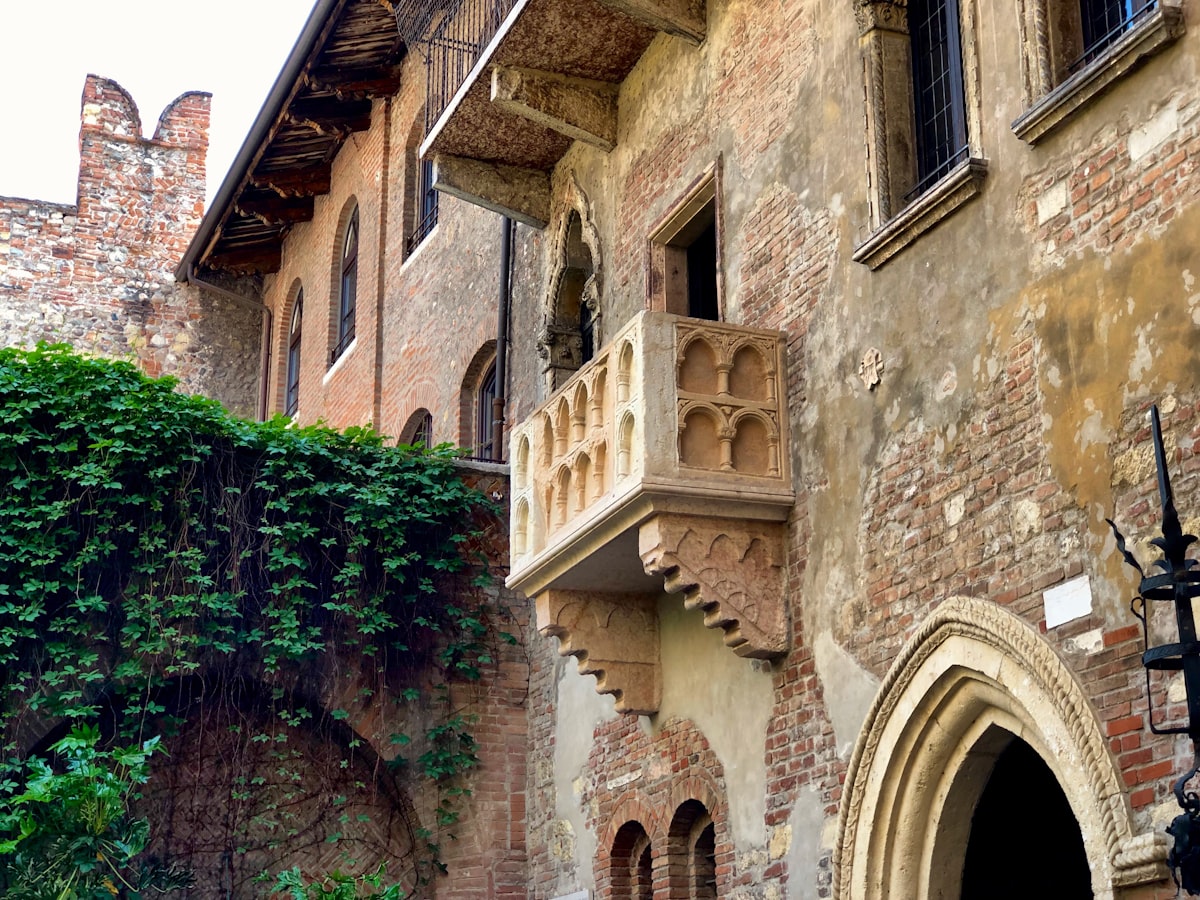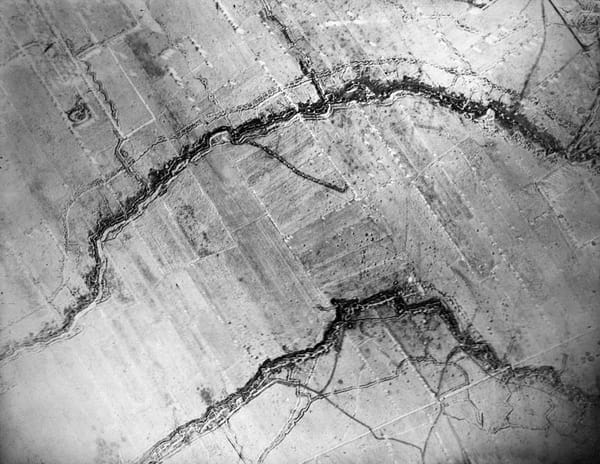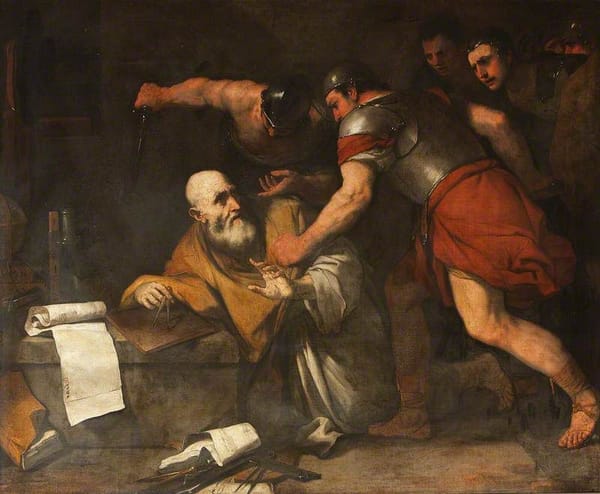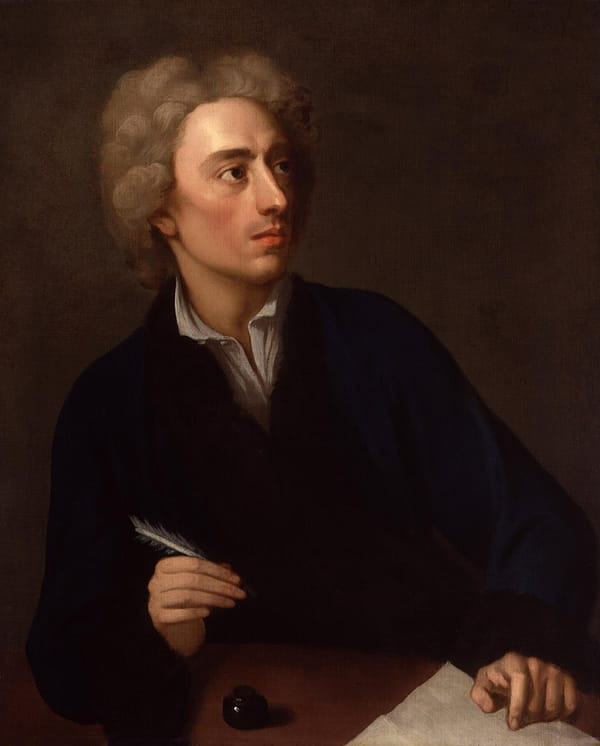Romeo and Juliet (Study Notes)

William Shakespeare (April 23, 1564–April 23, 1616), was an English poet, playwright, and actor during the Renaissance period. He is well known for his comedies ("The Taming of the Shrew," "A Midsummer Night’s Dream"), historical ("Richard III") plays, tragedies ("Hamlet," "Romeo and Juliet"), and tragicomedies ("Pericles"). He was the most famous playwright of the Renaissance and added more than 1,700 words to the English language.
Romeo and Juliet is a tragedy that was written by William Shakespeare during the years 1594 and 1596, and it was one of his greatest hits. It is classified as a tragedy because it ends in sorrow and woe, with Romeo and Juliet, who are the main characters, dying. Even today, it is played in theaters around the world.
In the prologue, the Chorus declares that Romeo and Juliet are going to die, and their death will stop the feud between the Montague and Capulet families.
" A pair of star-cross'd lovers take their life;
Whose misadventured piteous overthrows
Do with their death bury their parents' strife."
In the first act, after a brawl in the streets between the servants and two young men who were of the two rival families, Escalus, the prince of Verona, tells them that if any more fights between the Capulets and Montagues occur, the person who starts the fight will be executed.
According to Benvolio and Montague, Romeo has been acting sad and gloomy, avoiding people and crying because he was rejected by a beautiful girl called Rosaline. Benvolio suggests to Romeo to get over his rejection by looking at other beautiful women.
In scene two, Capulet tells Paris that if he wants to marry Juliet, he will have to make her fall in love with him.
Capulet sends his servant, Peter, to invite a list of people to his party, but the servant cannot read. He asks a random man who turns out to be Romeo (who is not recognized by Peter) to read the list for him.
Benvolio thinks that it is a good idea for Romeo to go to the party so that he can look at beautiful women, and maybe fall in love with one. Romeo wanted to go to the party to see Rosaline.
In scene three, we find out that Juliet will be fourteen in two weeks. Before Juliet finds out Paris wants to marry her, her nurse tells her about when the girl was a child and fell on her face, the husband of the nurse told the baby that when she grew up, she would fall on her back, and Juliet said yes. Ironically, the nurse does not know she is foreshadowing the death of her charge.
The nurse believes that Paris is the perfect man, and that Juliet should marry him because she would have all she wanted and more.
According to Mercutio, Queen Mab, the queen of the fairies, had given Romeo dreams. Mercutio says that Queen Mab gives different people dreams according to their character, feelings, their ambitions, and their occupations; for example, he says that she gives lovers dreams about love.
At the end of scene four, Romeo doesn't want to go to the party because he thinks something bad will happen and he'll die. This prophecy is right, and he dies at the end of the story, "paying" with his life for loving Juliet. This is another instance of foreshadowing.
At the party, when Romeo sees Juliet for the first time, he compares her to a "rich jewel in an Ethiope's ear".
In scene one, drunk Mercutio and Benvolio think that Romeo is chasing after Rosaline, and they mock him about it.
In scene two, Romeo compares Juliet to the sun,
"Lighting the world like the morning sun!
She was the sun, so much more beautiful than the goddess of the night,
the moon."
Romeo uses a metaphor to describe Juliet's beauty.
Juliet also says that she wished that Romeo was not a Montague but had a different family name because she loved him, but since their families were in a feud, she could not marry him.
When she finds Romeo under her balcony, Juliet fears that if someone from her family found him, he would kill her lover.
Friar Lawrence is dubious about marrying Romeo and Juliet because Romeo used to be infatuated with Rosaline, and he is afraid the same thing happened to Romeo about Juliet. He ends up consenting in the end because he believes that the wedding might end the feud between the Montague and Capulet families.
Tybalt sends a letter to Romeo to challenge him to a duel.
After receiving the letter, Romeo is warned by Juliet's nurse not to double-cross Juliet. Romeo says that he is going to stick by Juliet, and asks the nurse to send a message to his love for her to go to Friar Lawrence's chapel so that they can get married.
At the beginning of scene five in act two, Juliet is annoyed because the nurse is slow in coming back to tell her what Romeo said.
In scene six, the friar is nervous because he believes that Romeo's extreme emotions would cause the relationship with Juliet to end in a tragedy. A simile used in here is when the friar says that "Such extreme emotions often end in disaster – they explode like gunpowder"
An example of foreshadowing in act two is when Mercutio refers to Romeo as "Stabbed with a woman’s eye, run through with a love song, his heart pierced by Cupid’s arrow" This foreshadows his death because of love.
An example of dramatic irony, in act two, is when Juliet does not know that Romeo can hear her while she is pouring out her love for him.
Tybalt came looking for Romeo to duel him. Mercutio takes this as a chance to goof off and does some silly stuff that makes everyone laugh and wants to attack Tybalt. When Romeo shows up, he tries to stop Mercutio from fighting Tybalt, but while standing in between them, his friend gets stabbed.
Romeo becomes mad and charges Tybalt after finding out that Mercutio has died. He kills the Capulet and gets exiled by the prince of Verona, who had warned the families about the consequences of fighting.
When Juliet's nurse tells her about how Romeo had killed Tybalt, she is at first sad and mad at Romeo, but then defends him by saying to the nurse that if he had not killed Tybalt, her husband would have been slain. She is sadder about Romeo's banishment than Tybalt's death.
Her nurse tells her that she will find Romeo and ask him to go to Juliet, and the young lady gives her ring to the nurse to give to Romeo.
When Romeo is told that he was not sentenced to death but was banished, he starts moaning about how his fate was worse than death because he would never be able to see Juliet.
The friar tells Romeo to go to Juliet and comfort her, then to go to Mantua where he would send Romeo news of what happened in Verona.
In scene IV, Capulet decides to give Juliet in marriage to Paris on Thursday, that day being Monday.
In scene V, Romeo and Juliet discuss whether it is morning or not because Romeo had to leave at daybreak.
When Capulet hears that Juliet refuses to marry Paris, he becomes fuming mad and whams her across her face with his palm. When Juliet's father and mother leave the room, the nurse tells her to marry Paris, even though Romeo was already her husband.
Juliet is outraged at her nurse because she had advised her to marry Paris. She thinks that the nurse is a "wicked old woman, a most evil devil."
Juliet believes that marriage should happen only between two people that love each other, but her parents believe that Juliet should only marry rich and important people that they liked and thought would be a good match for her.
When her mother sees Juliet's tear stained face, she tells her that she should stop crying, thinking that she was still sad about Tybalt's death when in fact Juliet was sad about Romeo leaving. When Juliet says, "I can’t stop crying: I feel his loss so deeply," she feels Romeo's loss, not Tybalt's, but by not explaining what she means, she makes her mother think she is grieving for Tybalt.
Juliet's attitude changes from anger towards her parents to fake repentance. She lies that she is going to Friar Lawrence to repent of displeasing her father, when in fact she was going to ask for help.
Paris thinks that Juliet loves him, even though she had treated him scornfully when he complimented her in the friar's chapel.
Juliet asks the friar to kill her, but he does not want to and takes away her knife. She tells him that if she was forced to marry Paris, she would kill herself.
The friar gave her a potion that would make her go into a deep sleep for two days, making the Capulet family think that she was dead. After "dying" Lawrence and Romeo would wait until she woke up and take her to Mantua. Lawrence wants to send Romeo a message about his plan through one of his monks.
When Juliet arrives home during her wedding preparations, she tells her father that she will marry Paris, then she goes to her room. Hearing this, her father decides to move the wedding to the next day.
While getting ready to drink the potion, Juliet has many fears, but finally overcomes them and drinks it. One of her fears is that she will wake up before Romeo and Lawrence come to take her out of the tomb. She fears that she would be driven insane by the ghosts of her dead relatives, and then she would kill herself. In the end, she drinks the potion anyway.
When Paris, Capulet, and Capulet's wife find Juliet "dead" they all start weeping and crying about her loss. The friar tells them that she had gone to heaven and that they should not cry because she was in a better place, and that she was going to have eternal life. Capulet says that all the things that were to be used for the wedding would be used for the funeral feast.
In Mantua, Romeo is feeling cheerful because he had a dream that he was going to receive good news. Balthasar, Romeo's servant, brings the bad news of Juliet's "death" to his master. Then, Romeo plans to go to Juliet's tomb and kill himself using some poison he had bought from an apothecary. The speed with which Romeo decides on what to do shows that he is a very hasty and unreasonable man.
Friar John, who was supposed to deliver the letter to Romeo, was unable to go to Mantua because he was locked up in quarantine.
Paris goes to the Capulet tomb to lay flowers at the entrance for Juliet. I think that Paris felt grief at Juliet's death because he had loved her.
Romeo's reason for sending his servant away was so that he would not try and stop his master from killing himself. Paris believes that Romeo had come to the tomb to desecrate the bodies of those he had murdered.
When Friar Lawrence enters the tomb he finds the dead bodies of Paris and Romeo next to Juliet who is waking up. When seeing Romeo's body, Juliet kills herself by stabbing her heart with her husband's dagger.
The events of that evening are told to the prince by Friar Lawrence, Romeo's servant, and Paris' servant. When the Prince says, “All are punished,” he means that the two families were punished for feuding by having some of their children die and that he was punished as well for not stopping the feud.
At the end of the play, the Capulets and the Montagues make peace and then plan to erect golden statues of Romeo and Juliet.
In this final act, Romeo’s actions are guided more by emotion than reason because he did not seek answers from the friar on how Juliet died before killing himself. If he did so, he would not have died because he would have found out that Juliet was asleep, not dead.
The people who died in this play are:
Capulet
- Tybalt
- Juliet
Montague
- Lady Montague
- Romeo
Relatives of the prince
- Mercutio
- Paris




